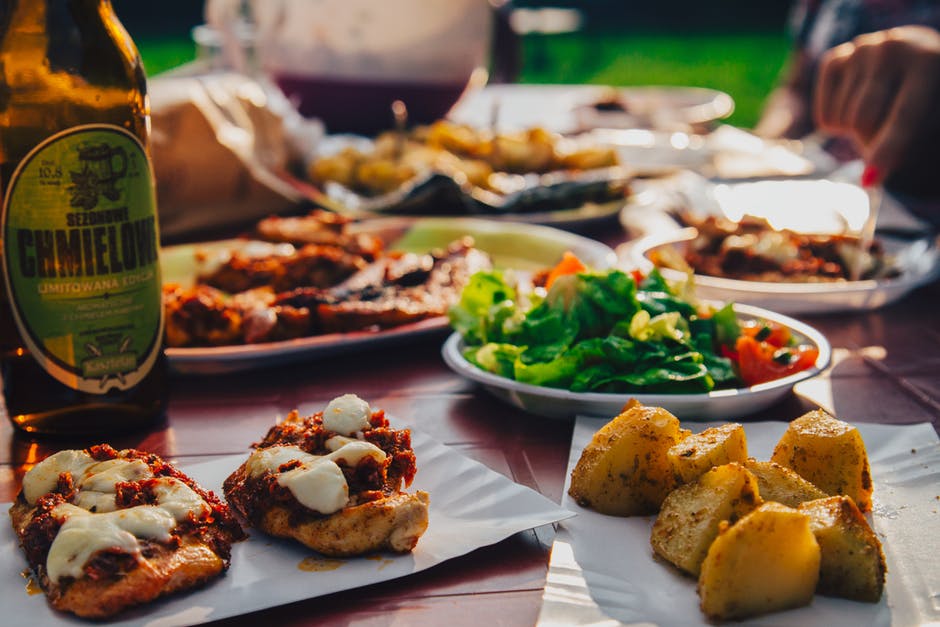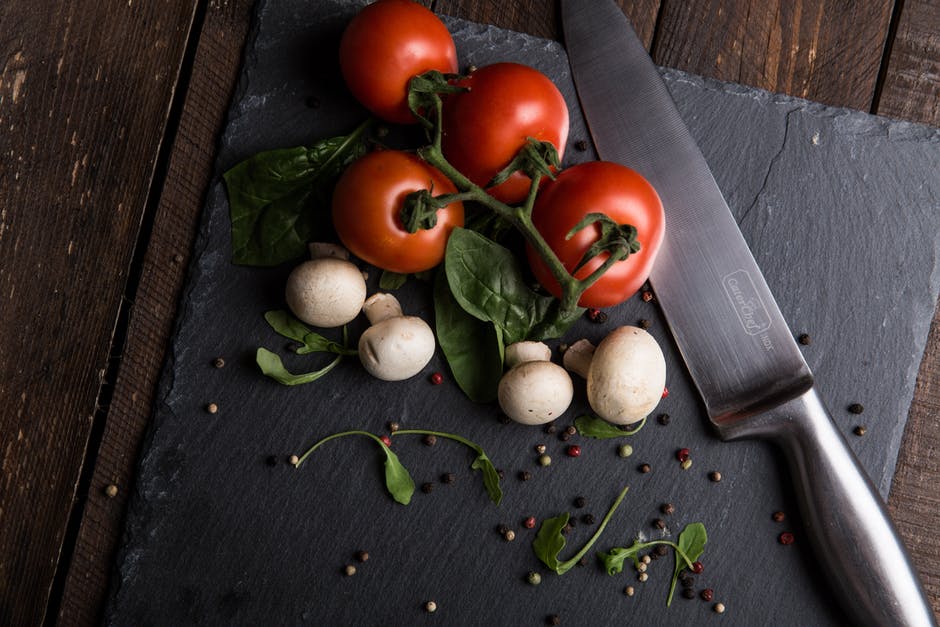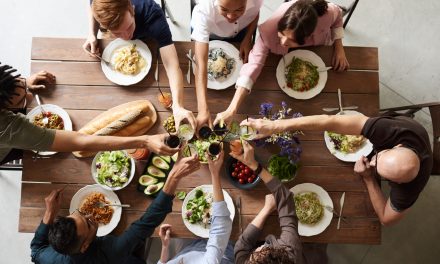
When it comes to our student life, we are all prone to get into bad habits. The cost of frugal living may mean that our culinary talents become stagnant. Not only do we have plenty of hard course learning and project making to solve, but trying to maintain a (very often intense) social life around that can be difficult to say the least.
When he graduates, and brandish our hard-won degrees with pride, we often forget that those culinary habits can follow us into our young adulthood. This is something which is difficult to shake. The ease and convenience of eating bad, quick and easy food is difficult to shake to some degree.
If this sounds like you, never fear. Everyone has difficulty acclimating to adult life, but obviously, that difficulty will take a worthwhile effort to solve. You’re reading this article, so you’re in the right place to solve your accumulated issues:
Equipment

A chef is nothing without his tools. So how can you expect to work well within a culinary discipline, even at home, without the right equipment to do so? The secret? Many of the right tools are easy and quick to find and cheap to pick up. Another secret is that many of the ‘must haves’ you simply do not need. As long as you have the standard cutlery and plating set, you only need a few more implements.
As long as you have a good chef knife (the most important tool in the kitchen,) or a couple of very nice and easily sharpened home knives, you are well on your way. You should also find some quality scales, a jug, a mixing bowl, a baking tray and of course the regular assortment of pots and pans. Top that off with a cheese grater, a sieve, and you will have enough implements to cook 90% of the meals available. From here you can diversify how you like, and trim your kitchen with further tools.
Cookbooks
Many celebrity chefs such as Marco Pierre White, Gordon Ramsay and Jamie Oliver are all completely celebrated in their art, yet they have translated this wisdom into cookbooks meant for the home cook. If you truly have no idea where to start with your recipe base, then these can work wonders for you. Having this basis to work from can help you make a few select meals.
What can be even more important though is learning how to make the basics yourself. These are skills which will help you tremendously in all of your future cooking efforts. Learning to make basic cooking sauces, knowing how to cut meat, as well as learning to use a chef’s knife well are all skills which can help you in a profound way. Not only that, but you’ll find out something shocking which will make you regret your days of financial food waste, and that’s food isn’t as expensive as you initially thought.
If you know how to make meals from scratch, and how quick and easy it can be, you will feel dumbfounded that you spend so much time and gained weight from takeout food. Takeout food can be great, but it should always be more of an indulgence and less of a regular thing. This way you can shave potentially hundreds of dollars a month from your grocery bill, but only if you:
Keep A Regular Shopping List

Acquiring items can be a chore if you don’t pre-plan. You may walk around the grocery store aimlessly, trying to figure out what you need for the week and purchasing either too much or too little. For this reason, crafting a shopping list now and purchasing the items there can help you pre-plan, and budget for this weeks indulgences. Make sure all your bases are covered first, and look in areas where you can save money.
For example, frozen vegetables are often much cheaper than the fresh variety, can last longer, and are often more nutritionally dense than the fresh counterpart. While fresh vegetables are nice to have, their storage time and presentation time can lead to them becoming relatively and unfortunately less healthy. Vegetables frozen on the farm are much less likely to lose their mineral and vitamin content, so the choice between fresh and frozen is easy provided you have the freezer space.
Make In Advance
The benefit to learning to cook is that you can save plenty of time during the week. A commonly popular effort is ‘meal prep Sunday,’ in which you prepare most or all of the meals for the upcoming week and freeze them. This allows you to take care of your eating habits with ease, simply reheating food already cooked and enjoying the preplanned portion. This is a favorite of those who attend the gym, and need to eat within a strict caloric and micronutrient allowance.
Not only does advance meal making give you a great and tasty mealset for the rest of the week, but it will lessen your temptation to snack or to feel like indulging in a massive takeout meal. The food is already cooked and prepared, so you might as well eat it, right?
Inspire

Food is one of the most common universal arts. Not everyone will be skilled in painting or create music, but everyone will have made at least one meal in their lifetime. For that reason, it’s important to see it for what it is, a celebratory art, not a grim duty to be carried out. Be thankful you live in a society where food abounds and can be found everywhere. Revel in the fact that making food is easy, and feels great to do. Understand that cooking for someone else is an act of love, and that allows for some truly memorable and beautiful experiences. Inspire yourself about food, because without it none of us would live very long. Try to refine your palate, and understand what makes flavors combine and pop. You may just be a chef in the making.
With these culinary cutlets of advice, you can be sure that your home kitchen feels a new and exciting place.
This is a contributed post; for more information please visit this page.




